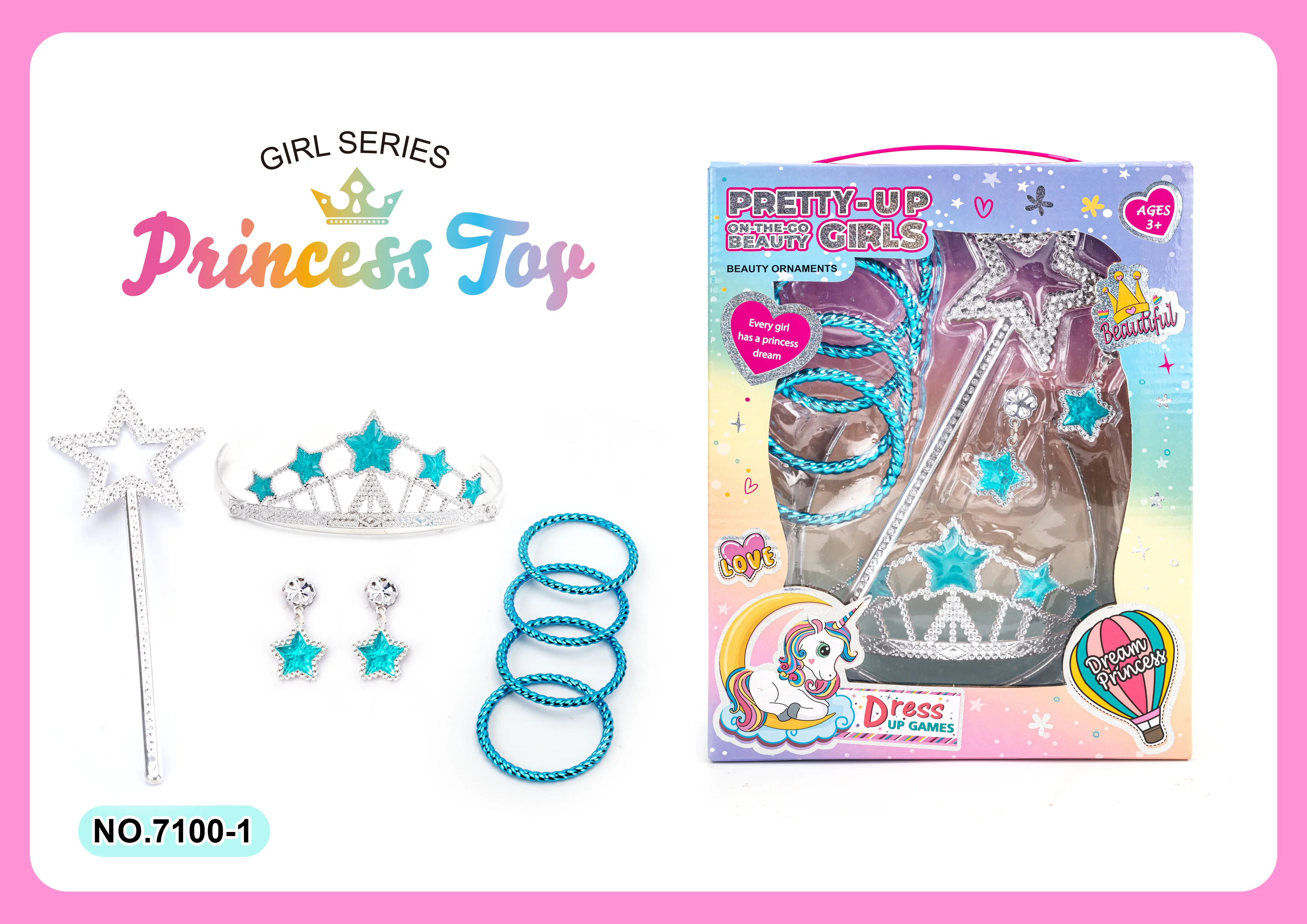The Price of Perfection: How Much Should You Invest in a Quality Camera?
In the digital age, where visual storytelling reigns supreme, the question How much should I pay for a good camera? is more relevant than ever. Whether you're a budding photographer, a seasoned professional, or simply someone who wants to capture life's moments with clarity and vibrancy, understanding the financial commitment involved in acquiring a quality camera is crucial. This article delves into the various factors that influence camera pricing, the types of cameras available, and how to determine the right investment for your needs.
Understanding Camera Types and Their Price Ranges
Before diving into the specifics of pricing, it's essential to understand the different types of cameras available on the market. Each category serves distinct purposes and comes with varying price points:
- Point-and-Shoot Cameras: These compact cameras are user-friendly and ideal for casual photography. Prices typically range from $100 to $500. While they offer convenience, they often lack the advanced features and image quality of higher-end models.
- Mirrorless Cameras: Gaining popularity for their versatility and compact design, mirrorless cameras offer interchangeable lenses and superior image quality. Prices can range from $500 to over $3,000, depending on the brand and specifications.
- DSLR Cameras: Known for their robust performance and extensive lens options, DSLRs are favored by many professionals. Entry-level models start around $400, while high-end options can exceed $5,000.
- Medium Format Cameras: These are the pinnacle of professional photography, offering unparalleled image quality and detail. Prices typically start at $3,000 and can soar to $50,000 or more for top-tier models.
Key Factors Influencing Camera Pricing
When considering how much to spend on a camera, several factors come into play:
- Sensor Size and Quality: Larger sensors generally capture more light, resulting in better image quality, especially in low-light conditions. Cameras with full-frame sensors tend to be more expensive than those with crop sensors.
- Lens Compatibility: The ability to use interchangeable lenses can significantly affect the overall cost. High-quality lenses can range from a few hundred to several thousand dollars, depending on their specifications.
- Build Quality and Durability: Professional-grade cameras are often built to withstand harsh conditions, which can increase their price. Weather-sealed bodies and robust materials are common in higher-end models.
- Brand Reputation: Established brands like Canon, Nikon, and Sony often command higher prices due to their reputation for quality and reliability. However, emerging brands may offer competitive features at lower prices.
- Additional Features: Advanced features such as 4K video recording, in-body stabilization, and connectivity options (Wi-Fi, Bluetooth) can also impact pricing. Assessing which features are essential for your photography style will help you make an informed decision.
Determining Your Budget: What’s Right for You?
Setting a budget for your camera purchase involves more than just considering the initial cost. Here are some practical steps to help you determine how much you should pay:
- Assess Your Needs: Identify the type of photography you intend to pursue. If you're a hobbyist, a mid-range point-and-shoot or mirrorless camera may suffice. For professional work, investing in a high-quality DSLR or mirrorless system is advisable.
- Consider Future Growth: Think about your long-term goals. If you plan to advance your skills, investing in a more versatile camera with upgradeable lenses may be wise.
- Factor in Accessories: Remember to budget for essential accessories such as lenses, tripods, memory cards, and camera bags. These can add significantly to your overall expenditure.
- Explore Used or Refurbished Options: If you're on a tight budget, consider purchasing used or refurbished cameras from reputable sellers. This can provide access to higher-quality equipment at a fraction of the original price.
Conclusion: The Value of Investing in Quality
Ultimately, the question of how much you should pay for a good camera is subjective and depends on your individual needs and aspirations. While it’s tempting to opt for the cheapest option, investing in a quality camera can enhance your photography experience and yield better results. A well-chosen camera not only serves as a tool but also as a gateway to creativity and self-expression.
